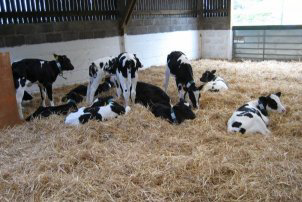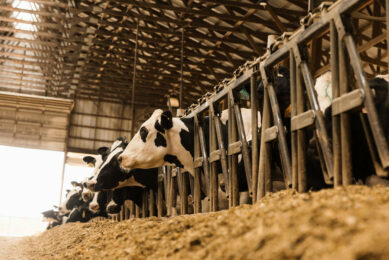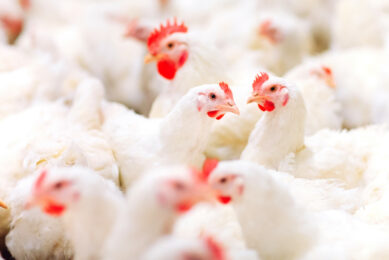Research: Toyocerin and calf immunity

In this regard, Rubinum SA in collaboration with IRTA, designed an experiment to study the effect of Toyocerin in the immune status of calves for fattening.
The immune system is a complex group of biological processes responsible for maintaining a healthy animal. Therefore, understanding the basic features of the immune system will allow producers to enhance the efficiency of their operations.
In the last years, remarkable advances have been made to understand the immune system, the importance of proper nutrition and the use of effective products to enhance beef production.
Toyocerin is a probiotic based on spores of B. cereus var. toyoi and has been demonstrated to have a clear effect on the immune system of monogastrica nimals (pig and poultry) by accelerating maturation of immune cells and production of antibodies; but it has not been studied in cattle so far.
Trial setup
Twenty four Holstein calves, with an average BW of 75 kg and 77 days of age, were distributed randomly to a CTR group, fed a conventional concentrate, and a TOY group, fed the same concentrate but supplemented with 2×108 CFU Toyocerin/kg.
The antibody titres against Infectious Bovine Rhinotracheitis vaccine was assessed in all animals.
At the slaughterhouse, jejune fragments were sampled to analyse cytokine expression by qPCR and the jejunum and caecum contents were recovered to quantify IgA.
Results
Regarding the innate immune response, a numerical decrease in the pro-inflammatory cytokines IL-1β and TNF-αwas found along with a significant increase in anti-inflammatory TGF-β in TOY animals compared with CTR calves.
These results indicate a possible role of Toyocerin in the protection of enterocytes against acute inflammatory responses.
The TOY calves tended to present an antibody response greater (92.5%) than CTR calves (82.5%) and a significant increase in the levels of secretory IgA in jejune contents.
Calves of TOY group showed a clear increase in the gene expression of Th2 cytokines such as IL-10 (3.12×103) in comparison to CTR group (1.37×103), which would explain the improvement in the humoral response to vaccination and secretory IgA synthesis.
The gene expression levels of IFN-γ, one of the most important Th1 cytokines, were also analysed.
A significant increase was observed in Toyocerin fed animals (3.48×103 vs1.34×103) indicating that the cellular response was also stimulated.
In order to correlate this IFN-γ increase with cellular function, the activity of macrophages and neutrophils was assessed by quantifying the activity of two enzymes: myeloperoxidase (indicative of neutrophil activity) and the inducible oxide nitric synthase (indicative of macrophage activity).
Both enzymes were significantly increased in the TOY group (MPO 6.53×104and iNOS 3.21×103) compared with those for the CTR calves(MPO 3.07×104 and iNOS 2.12×103), being consistent with the increase found in IFN-γ.
Conclusion
This study indicates that Toyocerin exerts a positive effect on the modulation of the calf’s immune response: it reduces the inflammation of the tissue and stimulates the adaptive immunity either at cellular or humoral levels.











